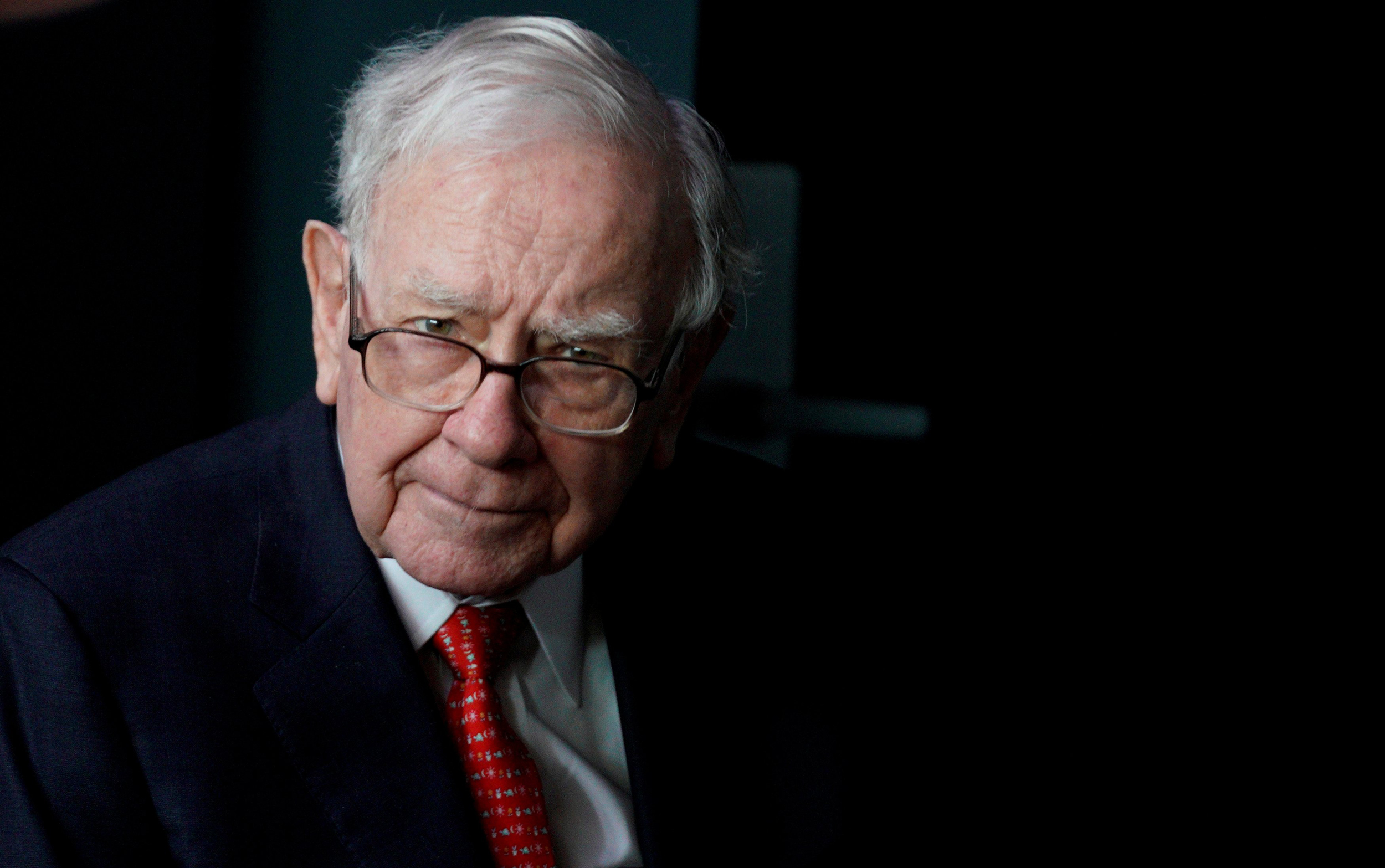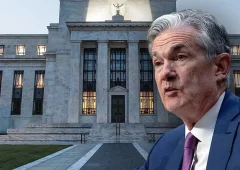Warren Buffett Surpasses Federal Reserve in Treasury Bill Holdings
07.08.2024 11:00 1 min. read Alexander Stefanov
As of August 3, 2024, Berkshire Hathaway owns 4% of all publicly issued T-Bills, significantly more than the Federal Reserve’s $195 billion.
Berkshire Hathaway’s second-quarter report, released on August 3, revealed that as of June 30, 2024, the company held $235 billion in short-term U.S. Treasury Bills, a sharp increase from the $130 billion held the previous quarter.
The total value of Berkshire’s cash, cash equivalents, and T-Bills amounted to $271.5 billion, with $237.6 billion in T-Bills alone.
In contrast, the Federal Reserve’s latest figures, as of July 31, 2024, show holdings of approximately $195.3 billion in T-Bills, which is notably less than Buffett’s current holdings.
Buffett has consistently praised Treasury Bills for their safety, despite their lower returns compared to riskier assets. With the Federal Reserve maintaining interest rates between 5.25% and 5.5%, returns on T-Bills have risen. Recent data shows a return rate of 5.21% for three-month T-Bills, 4.91% for six-month bills, and 4.43% for twelve-month notes.
Additionally, Representative Marjorie Taylor Greene has recently increased her T-Bill investments, purchasing an additional $250,000 in T-Bills in August, following a $500,000 investment made in late July, despite her stance against Congressional stock trading.
-
1
FTX Pushes to Dismiss Billion-Dollar Claim from 3AC
23.06.2025 15:00 1 min. read -
2
BIS Slams Stablecoins, Calls Them Ill-Suited for Modern Monetary Systems
26.06.2025 9:00 1 min. read -
3
ARK Invest Cashes In on Circle Rally as Stock Soars Past $60B Valuation
24.06.2025 19:00 1 min. read -
4
FTX Pushes Back Against $1.5B Claim From Defunct Hedge Fund 3AC
23.06.2025 11:00 1 min. read -
5
Trump’s ‘Big, Beautiful Bill’ Approved: What It Means for Crypto Markets
04.07.2025 7:00 3 min. read
Coinbase Strengthens DeFi Push With Opyn Leadership Acquisition
Coinbase has taken a major step toward expanding its decentralized finance (DeFi) presence by bringing onboard the leadership team behind Opyn Markets, a prominent name in the DeFi derivatives space.
Grayscale Urges SEC to Allow Multi-Crypto ETF to Proceed
Grayscale Investments has called on the U.S. Securities and Exchange Commission (SEC) to allow the launch of its multi-crypto ETF—the Grayscale Digital Large Cap Fund—arguing that further delays violate statutory deadlines and harm investors.
Robinhood Launches Ethereum and Solana Staking for U.S. Users
Robinhood has officially introduced Ethereum (ETH) and Solana (SOL) staking services for its U.S. customers, offering a new way for users to earn rewards on their crypto holdings.
Binance CEO Reveals What’s Fueling the Next Global Crypto Boom
Binance CEO Richard Teng shared an optimistic outlook on the future of cryptocurrencies during an appearance on Mornings with Maria, highlighting growing global acceptance, regulatory progress, and strategic reserve integration.
-
1
FTX Pushes to Dismiss Billion-Dollar Claim from 3AC
23.06.2025 15:00 1 min. read -
2
BIS Slams Stablecoins, Calls Them Ill-Suited for Modern Monetary Systems
26.06.2025 9:00 1 min. read -
3
ARK Invest Cashes In on Circle Rally as Stock Soars Past $60B Valuation
24.06.2025 19:00 1 min. read -
4
FTX Pushes Back Against $1.5B Claim From Defunct Hedge Fund 3AC
23.06.2025 11:00 1 min. read -
5
Trump’s ‘Big, Beautiful Bill’ Approved: What It Means for Crypto Markets
04.07.2025 7:00 3 min. read


